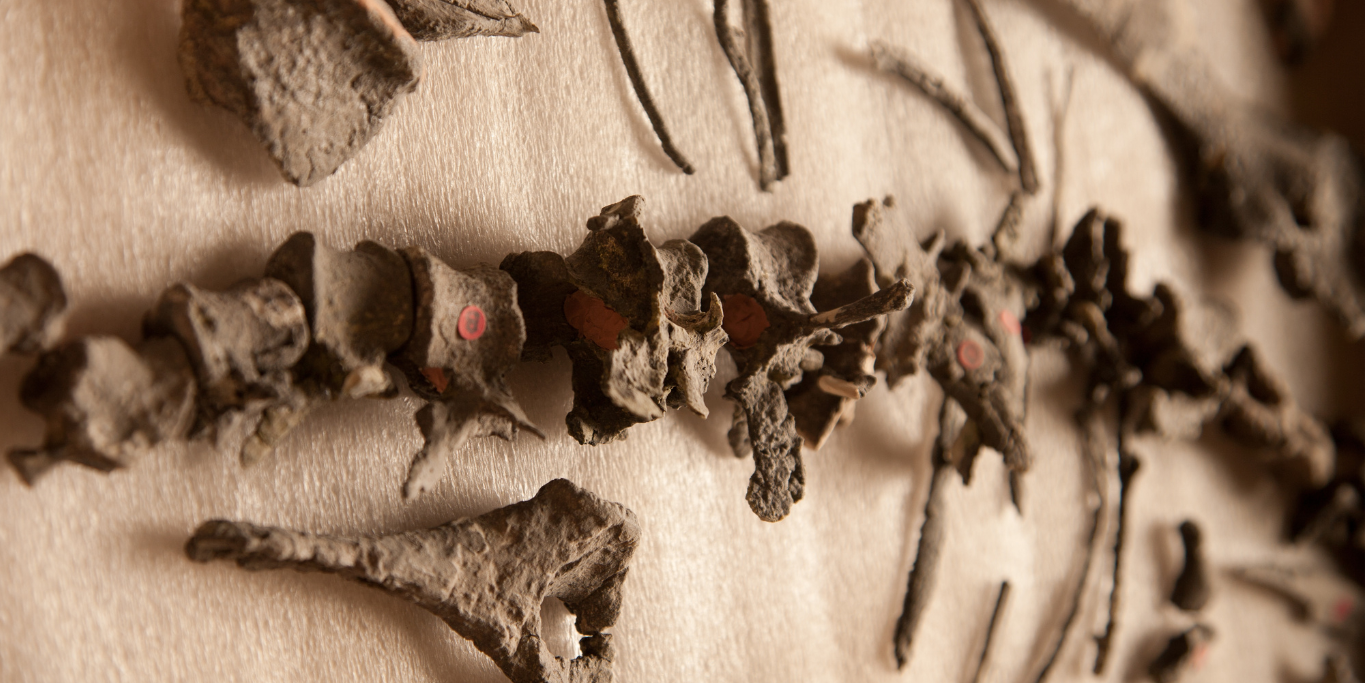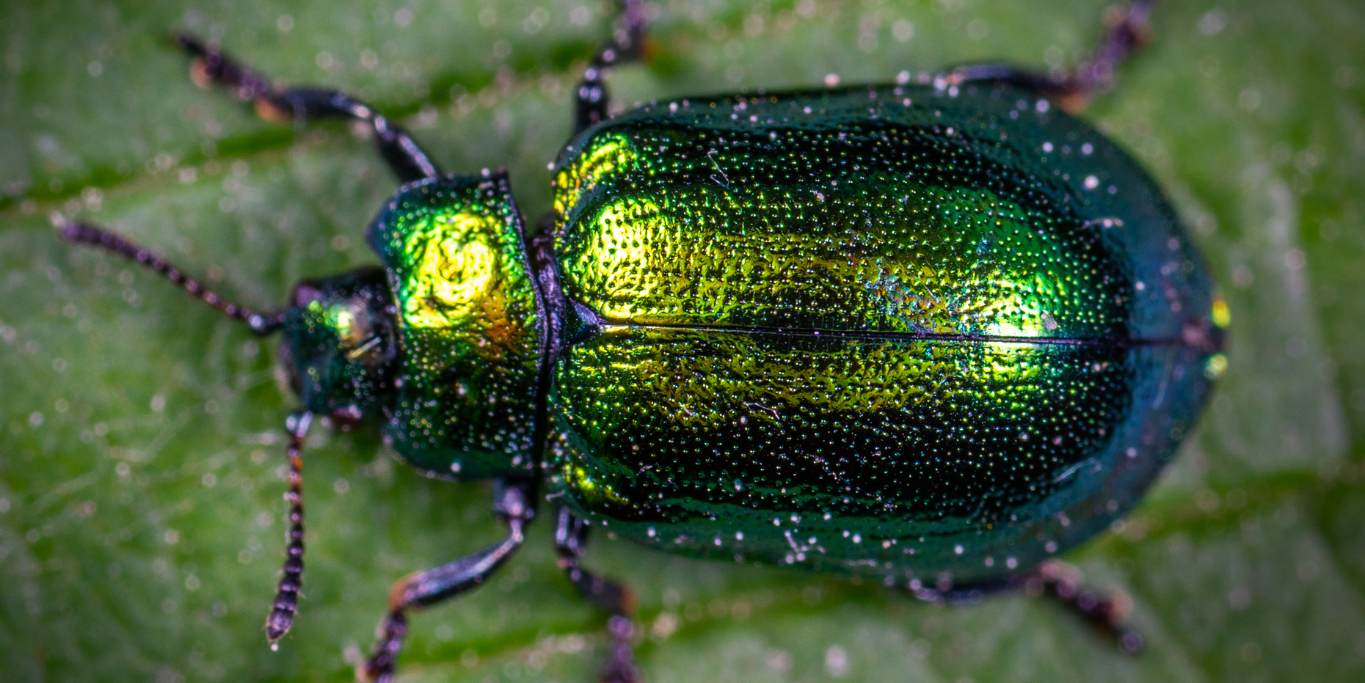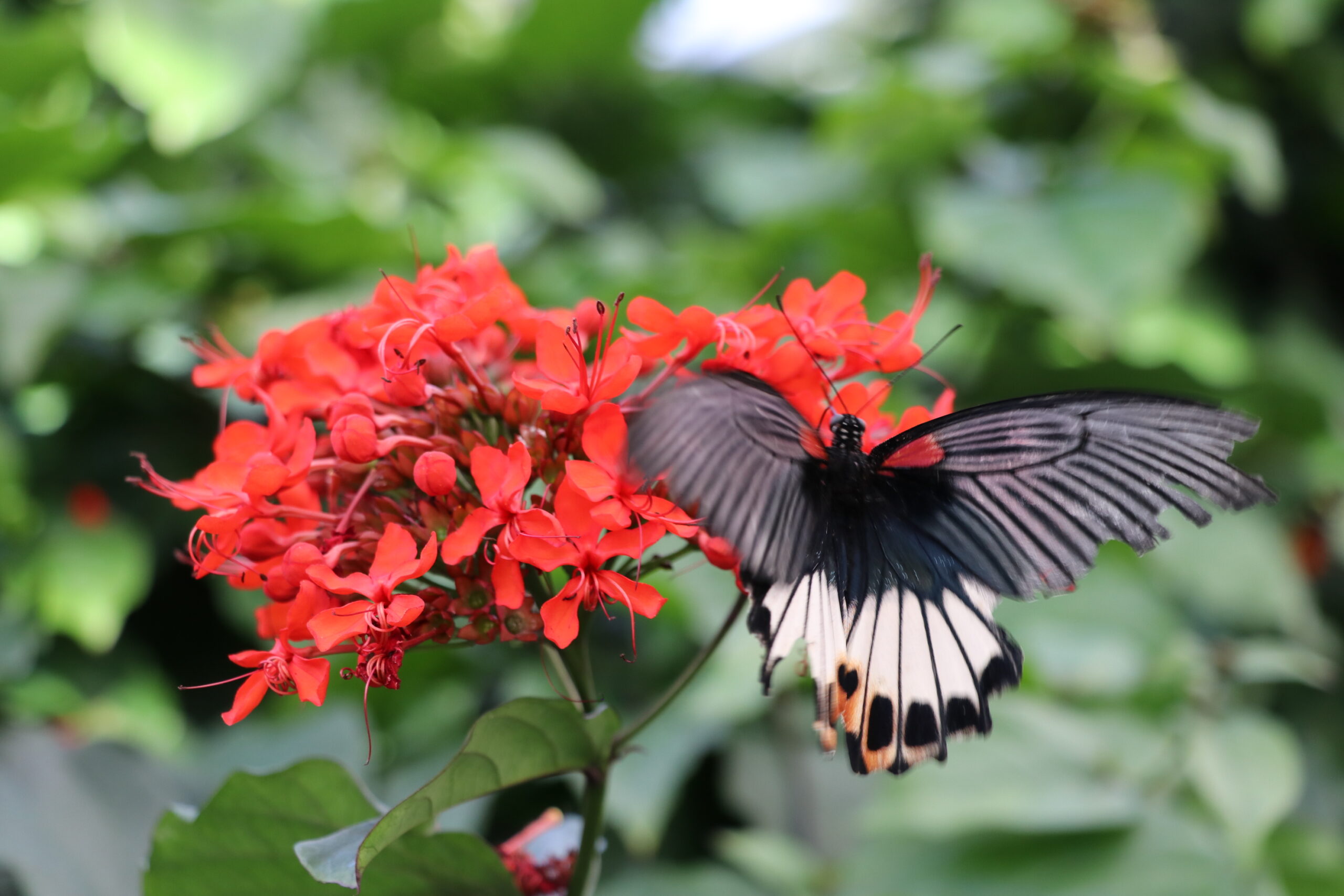Ray Bradbury’s sci-fi short story “A Sound of Thunder” uses time travel to depict how human centrality yields consequences we cannot know the breadth or the duration of. The story goes as follows:
The day after the election of a new U.S. President, Eckles, an experienced hunter, pays Time Safari Inc. $10,000 to transport him millions of years in the past for the chance to shoot a dinosaur. They make no promises of safety or survival and detail strict rules that must be followed: do not shoot until told to shoot. Do not shoot anything other than your target.
His target? A Tyrannosaurus Rex.
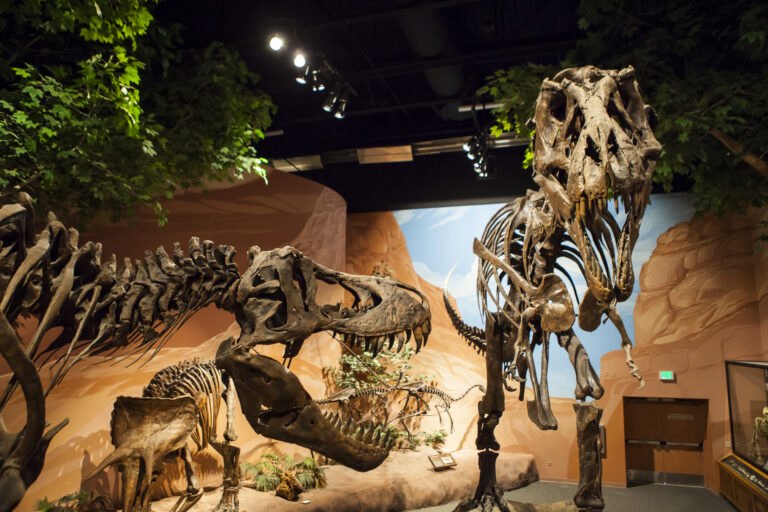
The reasons for these rules are at first unclear as Eckles boards the machine and watches time rewind from his seat. He puts on the oxygen helmet and talks eagerly and wide-eyed to his Safari Guide, Travis.
Once they have reached their destination, 60,002,055 years in the past, Travis draws Eckles’s attention to the Path, made of anti-gravity metal floating six inches above the earth. Another rule: stay on the path.
Eckles does not understand. Why can’t he leave the path? Why can’t he shoot anywhere at any time?
Travis says, “We don’t want to change the Future. We don’t belong here in the Past… say we accidentally kill one mouse here. That means all the future families of this one particular mouse are destroyed, right? and all the families of the families of the families of that one mouse! With a stamp of your foot, you annihilate first one, then a dozen, then a thousand, a million, a billion possible mice!
Well, what about the foxes that’ll need those mice to survive? For want of ten mice, a fox dies. For want of ten foxes a lion starves. For want of a lion, all manner of insects, vultures, infinite billions of life forms are thrown into chaos and destruction.
Eventually, it all boils down to this: fifty-nine million years later, a caveman, one of a dozen on the entire world, goes hunting wild boar or sabertoothed tiger for food. But you, friend, have stepped on all the tigers in that region. By stepping on one single mouse. So the caveman starves. And the caveman, please note, is not just any expendable man, no! He is an entire future nation.”
Travis urgently explains the butterfly effect – the notion that one small change could have a much larger impact for better or worse. The Path, the pre-sterilization, and the helmets are all precautions to prevent an altered future. Even the animals selected for the hunt have been predetermined by a guide that already went back in time to study which animals were soon to die and therefore could be hunted with no consequences. The preselected T-Rex, if not shot, would minutes later be fatally struck by a tree, and die anyway.
Eckles does not take this warning seriously and the hunt begins. At the first view of the towering King of the Dinosaurs, Eckles regrets his decision. His Guide and the accompanying hunters shoot the T-Rex dead while Eckles runs off in fear, stepping off the path and onto a butterfly, crushing it with his weight. Infuriated, Travis threatens to leave him there unless he retrieves the bullets from out of the dinosaur’s mouth. He does so and they return to the present.
Except, it is not the same present as it was at the start. The colors are faintly different, the signs have changed, and a completely different president was elected, resulting in a dictatorship. Because he stepped on that one butterfly, Eckles does not live to see the world he permanently altered millions of years ago.

It is a common trope in time-travel literature and media – actions carried out during a journey to the past vastly impact the future (usually negatively). Because, as of January 2023, we have not invented a time machine, we cannot know if this is true. It makes sense from a human perspective because so much of our lives are based on our decisions and the decisions of others. But it may also be likely for the natural world.
Before human life, ecosystems changed and evolved in adaption to other natural processes. Over the course of millions of years, plate tectonics changed the location and distribution of continents, oceans, and mountain ranges, thus changing the ecosystems that exist in distinct environments. The atmosphere has changed drastically since the Earth’s formation, and new species have come and gone through the millenniums. Though ecosystems, as is their dynamic nature, have changed throughout the years, nothing has had a greater impact on these interlaced natural networks than human beings.
We currently live in the time period known as the Anthropocene – the geological age in which human activity is a dominant influence on the environment. In the span of our relatively short stint on Earth, human beings, especially in more recent years, have not so kindly contributed to increased air pollution, acid rain, water pollution, light pollution, noise pollution, deforestation, the depletion of the ozone layer, and the decline of biodiversity. Ecosystems are enduring, as made evident by their survival since the dawn of time, but are also delicate in the sense that all organisms within them are dependent on each other.
Cicily Arnsworth, Thanksgiving Point’s Water Tower Campus Horticulture Manager, says “I think we affect everything we touch. We just consume, consume, consume.” By prioritizing ourselves, humans have made it harder for other organisms within the ecosystem to thrive. The modernity we have constructed is societally advanced but environmentally detrimental. As humans often do, we cast ourselves in leading roles despite being one of the more fragile pieces of an ecosystem. It is possible we have created a paradox in doing the most to destroy our ecosystems while simultaneously having the most capacity to save them.
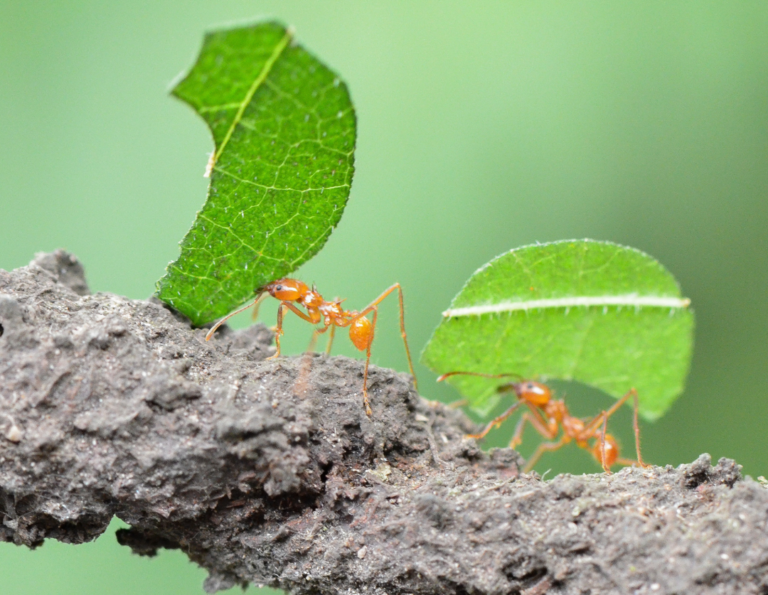
Ray Bradbury isn’t exaggerating when he says that killing one mouse in the past could cause a number of unpredictable negative consequences in the future.
A single action not only can have a wide impact, but also a lasting one.
Of course, we can’t know the specific impact or the level of it, which is part of why we have done so little to mitigate our damage. It would not be out of character for humans to wait to change their behavior until it manifests as a physical inconvenience for them. But we don’t really know how much time we have. According to Cicily, here are a few things we can incorporate into our lives now that will minimize our impact and/or improve our environment:
- Look into localscapes that incorporate more water-wise landscaping
- Be mindful of your ways of transportation, consider carpooling or public transit
- Try your hand at gardening, swap a meat meal with a vegetarian option
- Avoid fast fashion, see what you can find secondhand
- Reduce your use of single-use plastic, and reuse what you can
- Be conscious of your trash, your gas use, and water use
- Recycle, recycle, recycle!
- Write to government officials who can put pressure on companies that cause a large amount of waste and pollution
Cicily reaffirms Bradbury’s claim that, despite what we may believe, little things can have big consequences. She says, “We are still picking up the pieces of all the “little things” we did years ago that we didn’t think would have an impact.”
Those little things can be for better or for worse. In the same breath that we have made forest fires from a single match, we can build a future where we protect and preserve our natural way of life.
